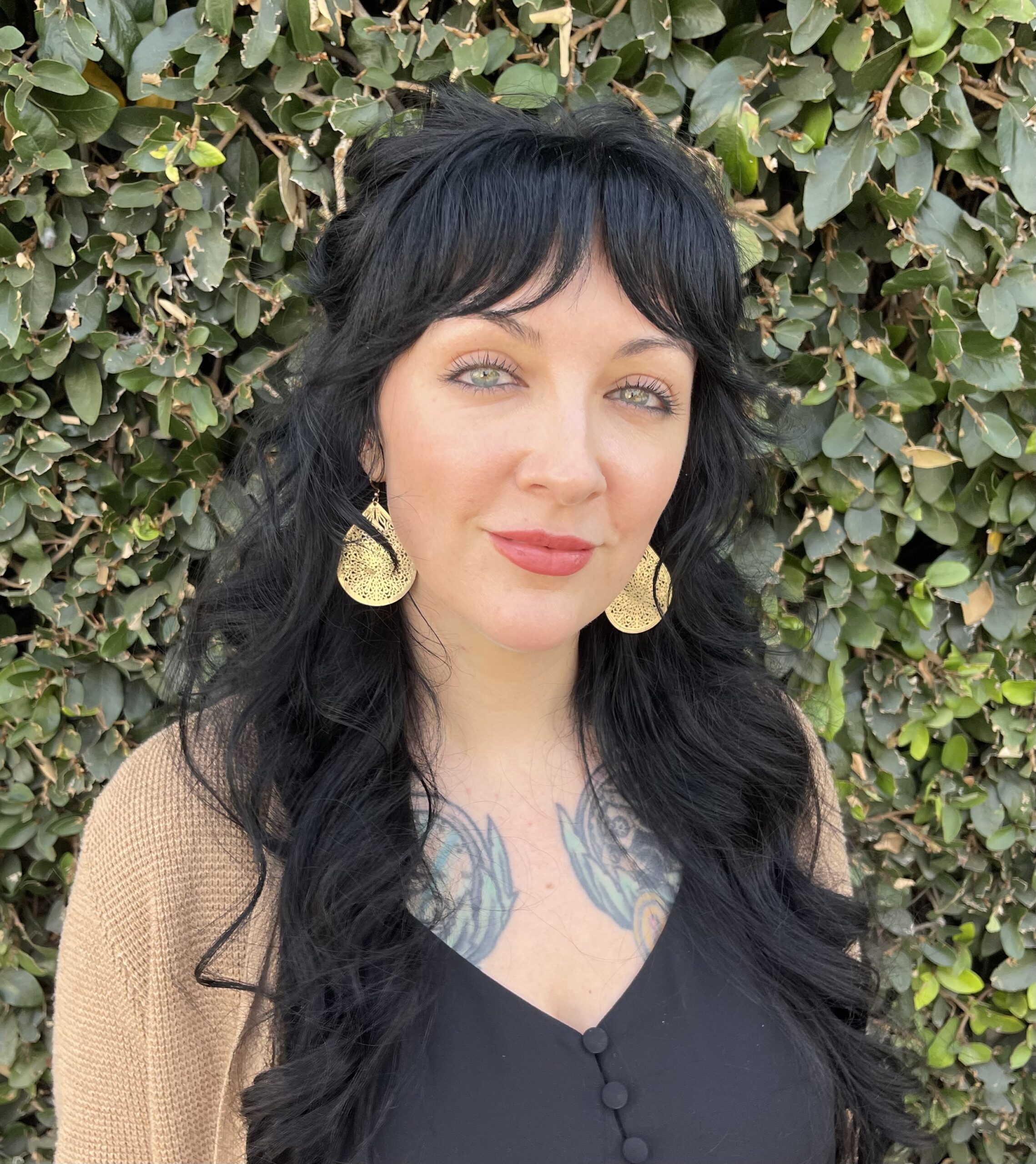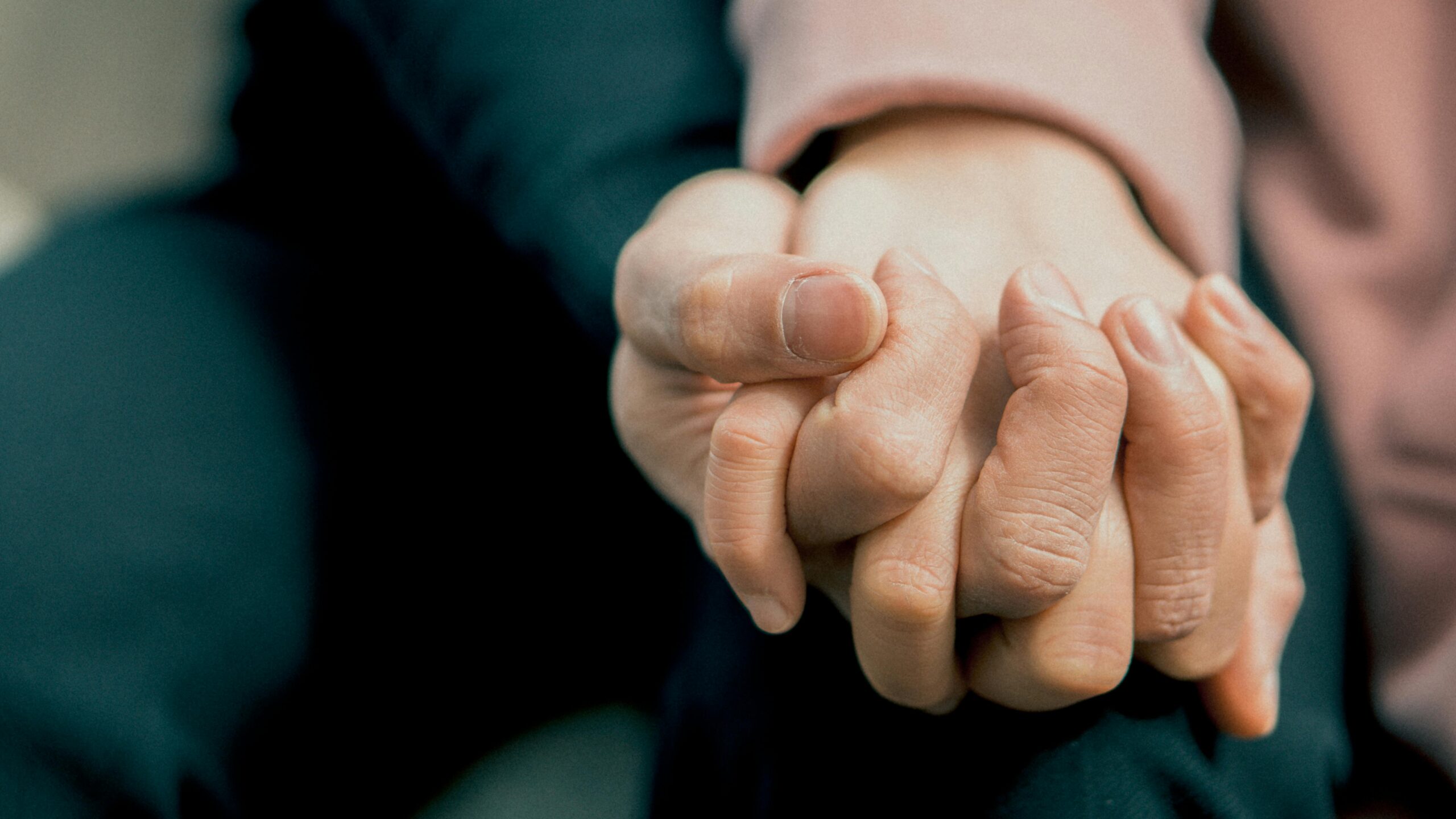Pronouns: She/Her/Hers
We all contain many different parts of self—some that are confident and capable, and others that hold fear, anger, shame, or grief. Especially for those with complex trauma or dissociative experiences, these inner parts can feel disconnected, misunderstood, or in conflict. I help clients explore and build relationships with all aspects of themselves, recognizing that each part developed for a reason—even the ones that feel painful or unwanted. No part is wrong; every part is trying to help you survive.
I specialize in working with adult survivors of trauma, including clients with DID / OSDD and survivors of ritual abuse who may be living with fragmented memory, internal protectors, or high levels of internal distress. I understand how trauma, identity, and community exclusion can layer together and complicate healing—and I hold space for all of it. As a queer therapist, I bring cultural humility and lived understanding to my work with LGBTQ+ clients, including those facing systemic oppression, family estrangement, and gender dysphoria.
My therapeutic stance is deeply relational. You can expect a warm, collaborative environment where curiosity is welcomed and shame is met with compassion. I strive to offer a non-hierarchical relationship where you feel empowered to explore, reflect, and shift at your own pace. I integrate parts work (IFS), trauma-informed ACT, existential therapy, Brainspotting, EMDR, and secular mindfulness practices. Together, we’ll uncover patterns, build self-trust, and create new ways of living that reflect your values. Healing doesn’t mean erasing the past—it means living more freely alongside it.





